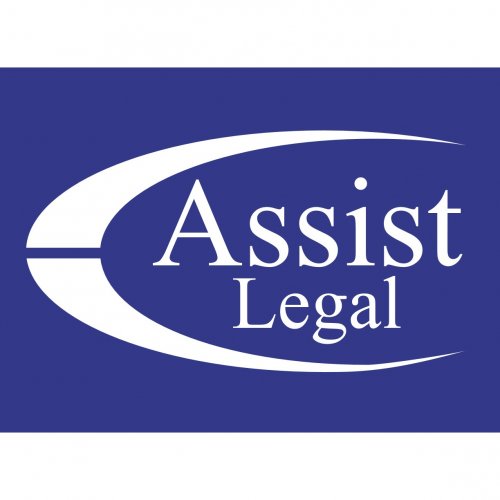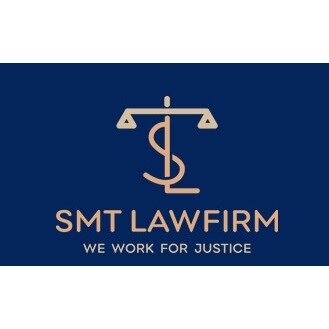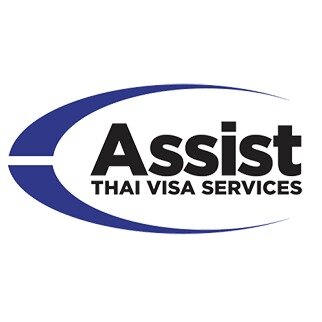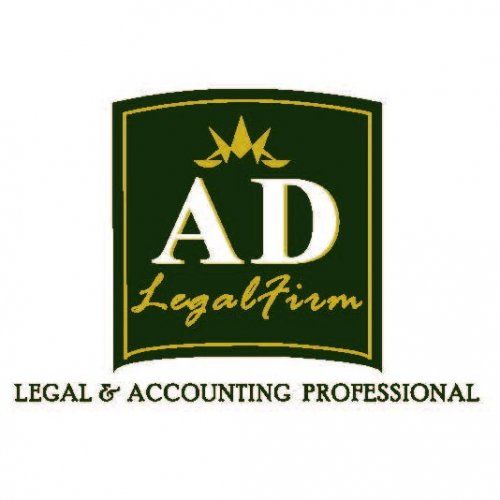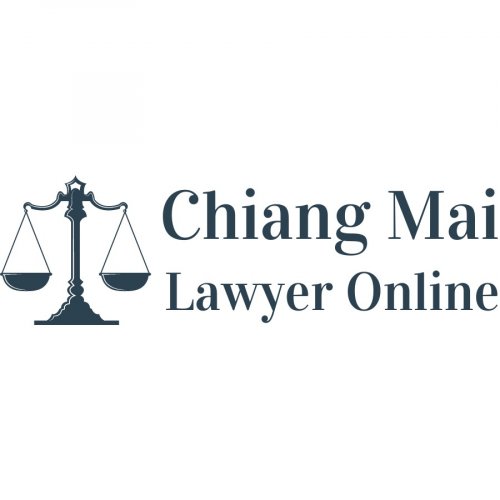Best Commercial Litigation Lawyers in Chiang Mai
Share your needs with us, get contacted by law firms.
Free. Takes 2 min.
List of the best lawyers in Chiang Mai, Thailand
Legal guides written by SIAM LEGAL INTERNATIONAL:
- Defamation Laws in Thailand: Criminal Charges and Civil Suits
- The State of Thailand’s Long-Term Resident (LTR) Visa Program in 2025
- The Penalties Of Not Filing Your Income Tax Return As A Foreigner In Thailand
About Commercial Litigation Law in Chiang Mai, Thailand
Commercial litigation in Chiang Mai refers to the process of resolving legal disputes between businesses or business-related entities through the judicial system. These disputes can involve issues such as breach of contract, partnership disagreements, business torts, debt recovery, property claims, intellectual property infringement, and more. As one of Thailand's major cities, Chiang Mai has a growing commercial sector, making knowledge of local litigation processes and laws essential for both Thai and foreign-owned enterprises.
Why You May Need a Lawyer
Seeking help from a qualified commercial litigation lawyer is crucial in several scenarios. Common situations include:
- Contract Disputes - Disagreements arising from the interpretation or performance of business contracts.
- Debt Recovery - Problems collecting outstanding payments from clients or partners.
- Partnership and Shareholder Issues - Conflicts regarding business management, profit distribution, or ownership.
- Business Torts - Claims involving fraud, misrepresentation, or unfair business practices.
- Employment Disputes - Misunderstandings or breaches involving employee rights or obligations.
- Intellectual Property Infringement - Disputes over trademarks, copyrights, or patents affecting your business.
- Real Estate and Leasing Issues - Conflicts over property transactions or rental agreements related to business operations.
- Regulatory Compliance - Facing investigations or actions by regulatory agencies for alleged law violations.
- Cross-Border Disputes - Companies engaging in international trade may face litigation involving foreign parties.
- Negotiation and Settlement - Expertise in out-of-court dispute resolution or negotiating settlements.
A commercial litigation lawyer can guide you through these complex situations, help you understand the local legal process, ensure compliance with Thai laws, represent you in court, and protect your business interests.
Local Laws Overview
Chiang Mai, like the rest of Thailand, operates under the Thai legal system, which integrates civil law traditions. Key aspects relevant to commercial litigation include:
- Civil and Commercial Code - The primary legislation governing contractual obligations, partnerships, company formation, agency, and securities.
- Thai Court System - Commercial litigation cases are generally heard in civil courts. For complex or high-value disputes, the Central Intellectual Property and International Trade Court may have jurisdiction.
- Alternative Dispute Resolution - Mediation and arbitration are increasingly used in Chiang Mai to resolve commercial disputes without lengthy court procedures.
- Evidence and Documentation - Thai courts rely heavily on documentary evidence. Properly prepared contracts, invoices, correspondence, and financial records are crucial.
- Foreign Company Participation - Foreign businesses face specific regulations. Representation in court requires a licensed Thai lawyer, and legal proceedings are typically conducted in Thai language.
- Enforcement of Judgments - Procedural rules for enforcing judgments are stipulated in Thai law, with the court overseeing asset seizure, debt recovery, or other remedies.
- Prescription Periods - Each type of claim has set limitation periods for bringing cases to court, commonly between one to ten years, depending on the matter.
Frequently Asked Questions
What is commercial litigation?
Commercial litigation refers to the legal process of resolving disputes arising from business and commercial transactions, typically through court proceedings or alternative dispute resolution methods.
Can foreign businesses file lawsuits in Chiang Mai?
Yes. Foreign businesses can file lawsuits in Chiang Mai courts, but must engage local, licensed Thai attorneys for representation, and cases will proceed in the Thai language.
How long does the litigation process take in Chiang Mai?
Duration varies based on complexity, court workload, and case type. Simple cases may take a few months. Complex or contested matters often take a year or more, including appeals.
What documents are needed to start a commercial lawsuit?
You will typically need contracts, invoices, business registration documents, correspondence, and other supporting evidence. Your lawyer will advise on required documentation.
Is mediation or arbitration possible instead of going to court?
Yes. Thai law encourages alternative dispute resolution. Mediation and arbitration can be quicker and less expensive than court trials. Many contracts specify arbitration as the preferred method.
What does it cost to hire a commercial litigation lawyer in Chiang Mai?
Fees depend on the complexity and duration of the case. Some lawyers charge hourly rates, while others may offer flat fees for certain services. Be sure to clarify costs and obtain a written fee agreement.
How are court judgments enforced against the losing party?
After a judgment, the winning party may request the court to enforce the award. This can involve asset seizure, bank account freezing, or other legal enforcement measures within Thailand.
What if I lose a commercial case - can I appeal?
Yes. Thai law allows parties to appeal certain civil judgments to higher courts, under specific procedures and timelines. Your lawyer will explain your options.
Is it possible to settle a dispute out of court in Chiang Mai?
Yes. Parties may negotiate settlements at any stage. Settlements can be reached directly or through formal mediation, and can be made binding by notifying the court.
How can I protect my business from future litigation?
Use carefully drafted contracts, maintain clear documentation, and seek regular legal advice. Understanding local business law and proactively addressing disputes minimizes legal risks.
Additional Resources
For further information and assistance, consider contacting these organizations:
- Chiang Mai Provincial Court - Handles civil and commercial litigation for the region.
- Law Society of Thailand - Directory of licensed lawyers and information on legal rights.
- Thai Chamber of Commerce, Northern Region - Offers business resources and referrals to commercial law experts.
- Department of Business Development (DBD), Ministry of Commerce - Information on business registration and regulations.
- Thailand Arbitration Center (THAC) - Support and resources for resolving disputes through arbitration or mediation.
Next Steps
If you are facing or anticipating a commercial dispute in Chiang Mai, the following steps can guide you through the process:
- Collect and organize all relevant documents and correspondence related to your dispute.
- Identify the specific legal issues and desired outcomes (for example, monetary compensation, contract enforcement, or injunction).
- Consult with a qualified local commercial litigation lawyer for an initial assessment of your case and strategic advice.
- Decide on the most appropriate dispute resolution method - negotiation, mediation, arbitration, or litigation.
- Maintain clear and timely communication with your legal counsel, and inquire about timelines, costs, and likely outcomes.
- Follow your lawyer’s instructions diligently and respond promptly to any document requests or meeting invitations.
- Explore settlement options if appropriate, as early resolution can often save time and resources.
Understanding the basics of commercial litigation in Chiang Mai and seeking professional advice early will provide the best chance of resolving your business dispute efficiently and successfully.
Lawzana helps you find the best lawyers and law firms in Chiang Mai through a curated and pre-screened list of qualified legal professionals. Our platform offers rankings and detailed profiles of attorneys and law firms, allowing you to compare based on practice areas, including Commercial Litigation, experience, and client feedback.
Each profile includes a description of the firm's areas of practice, client reviews, team members and partners, year of establishment, spoken languages, office locations, contact information, social media presence, and any published articles or resources. Most firms on our platform speak English and are experienced in both local and international legal matters.
Get a quote from top-rated law firms in Chiang Mai, Thailand — quickly, securely, and without unnecessary hassle.
Disclaimer:
The information provided on this page is for general informational purposes only and does not constitute legal advice. While we strive to ensure the accuracy and relevance of the content, legal information may change over time, and interpretations of the law can vary. You should always consult with a qualified legal professional for advice specific to your situation.
We disclaim all liability for actions taken or not taken based on the content of this page. If you believe any information is incorrect or outdated, please contact us, and we will review and update it where appropriate.







